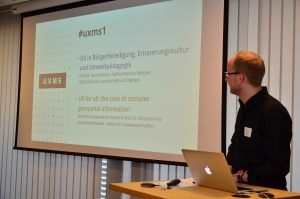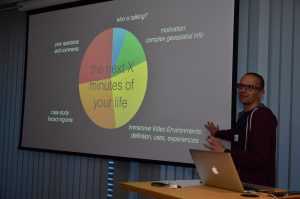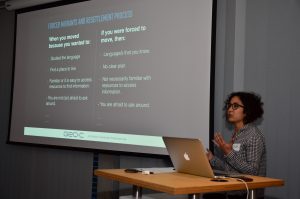On the 7th and 8th of March, Manuel Portela (GEO-C ESR15) assisted to the meeting “Mapping opportunities and challenges for Citizen Science in Social Sciences and Humanities” as part of the COST Action “Citizen Science to promote creativity, scientific literacy, and innovation throughout Europe”. The meeting, held in the Kaunas University Of Technology (Lithuania) and organised by Egle Butkeviciene (KTU) and Katrine Vohland (MFM Berlin), gathered 15 participants from different fields inside Social Sciences and Humanities (SSH).
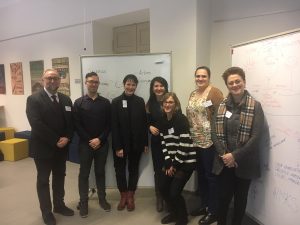
The aim of the meeting was to discuss the particularities of SSH inside the context of Citizen Science. Therefore, different sessions organised generated an agenda to promote the research on this topic.
The main concern of the meeting was the difficulty of including SSH scientists and citizens’ alike in research projects, despite of the promotion and support of funding agencies. It was also accounted that SSH has a large background in participatory practices, and a widely history on governance and engagement, which is nowadays of special interest for the (European) research agenda. As a result, one of the main barriers for transdisciplinarity could be the intrinsic difficulty of the object of study (objective, subjective and intersubjective, to name some). The lack of common ground, terminology and concepts inside the Sciences make this task unaffordable for both sides.
In this vein, Science is to create useful knowledge for society, whether the problem in the multidisciplinary approach resides in what data is considered valid (and objective) to be used for producing this Science. In that sense, Science is also useful in the use and understanding of such knowledge for more practical outcomes. Thus, in the literature, experts appear as the only ones who have the knowledge. In contrast, non-experts (i.e. citizens) are presented as the individuals that will use this knowledge for personal or collective purposes. Far from reality, this and other conflicts between concepts were put under discussion during the meeting.
The outcome of this meeting was to write a publication that accounts on how participatory practices and citizen involvement have been historically constructed. Moreover, the paper will also contribute to how SSH can help other sciences in the development of (European) projects. In this regard, SSHs has the mission to put the policies that are shaping the future of research under a critical view. By this first approach, it is expected to encourage more multidisciplinary and transdisciplinary works in Citizen Science.
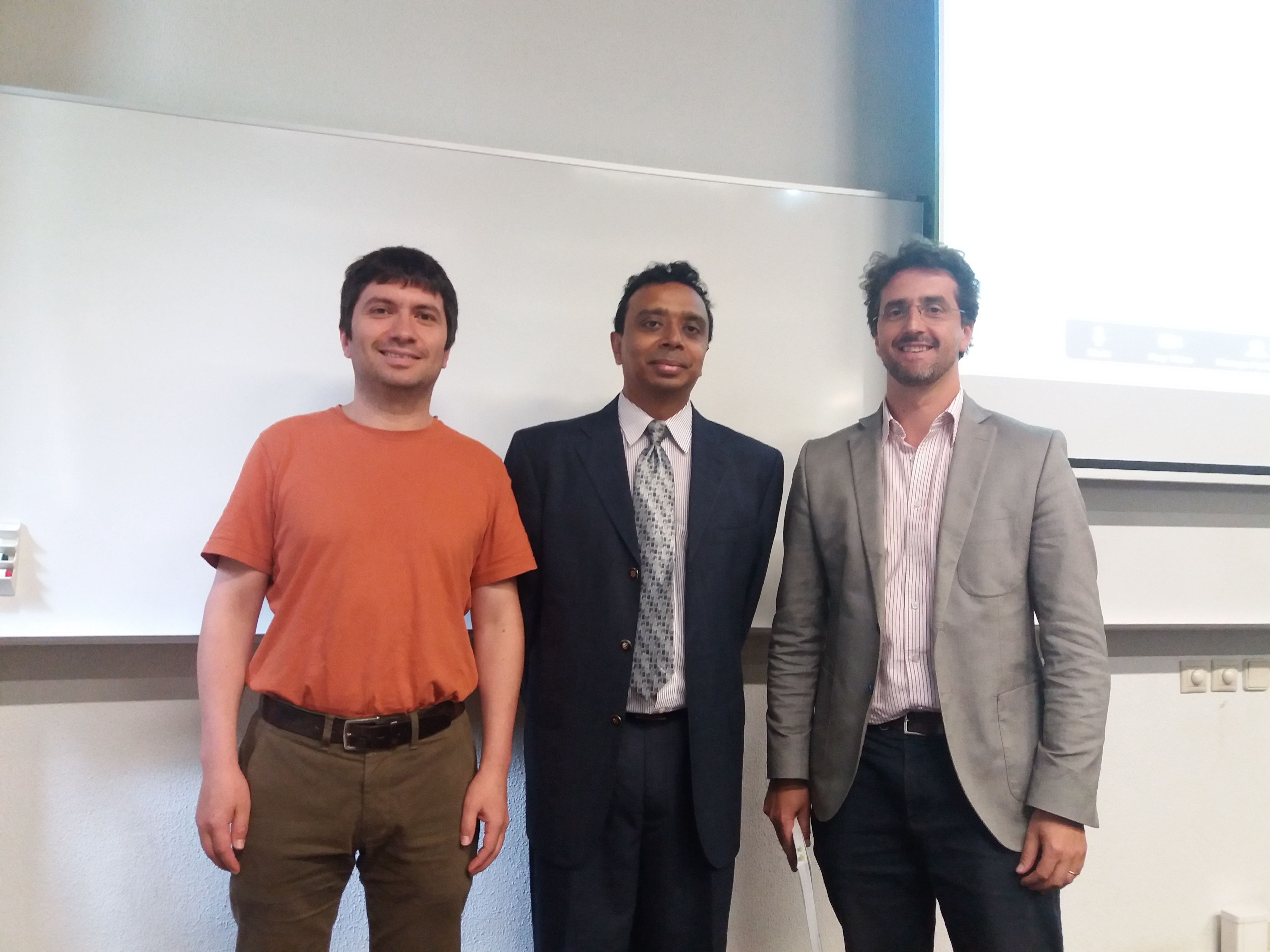

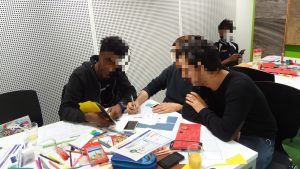
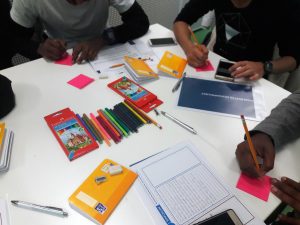
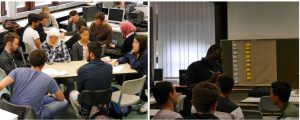
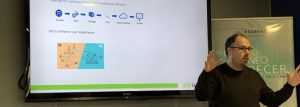
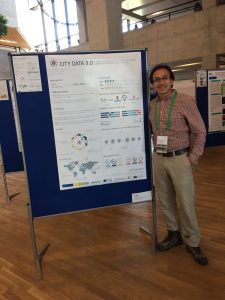
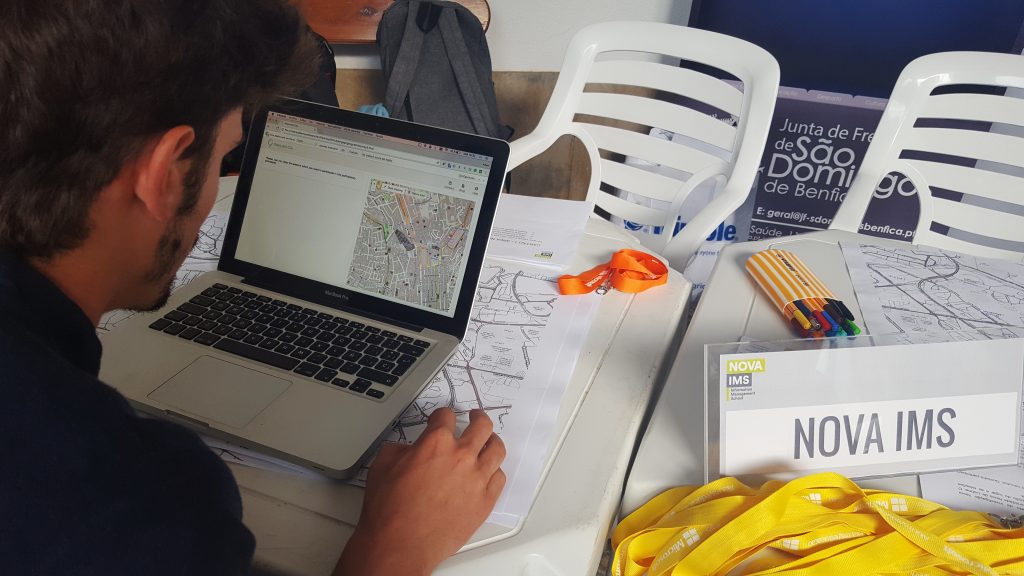
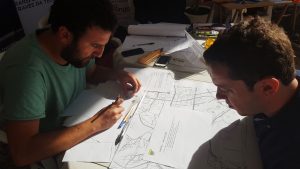 The survey was the first step to test how dwellers of the neighbour can perceive and feel their sense of place and social capital by mapping themselves and their social groups in a local cartography. The next steps will include a digital application that Acedo is developing and will be released next month, and an ethnographic experience that will be held with same participants next week.
The survey was the first step to test how dwellers of the neighbour can perceive and feel their sense of place and social capital by mapping themselves and their social groups in a local cartography. The next steps will include a digital application that Acedo is developing and will be released next month, and an ethnographic experience that will be held with same participants next week.